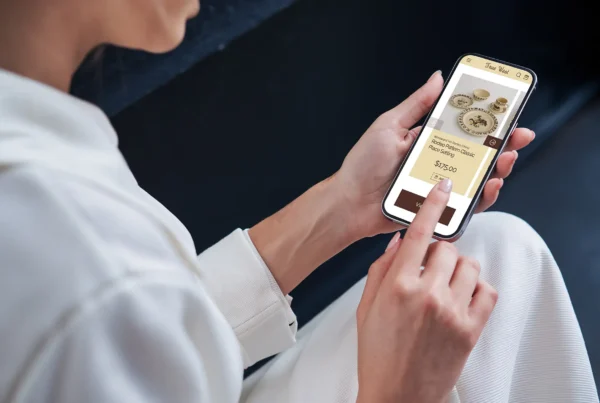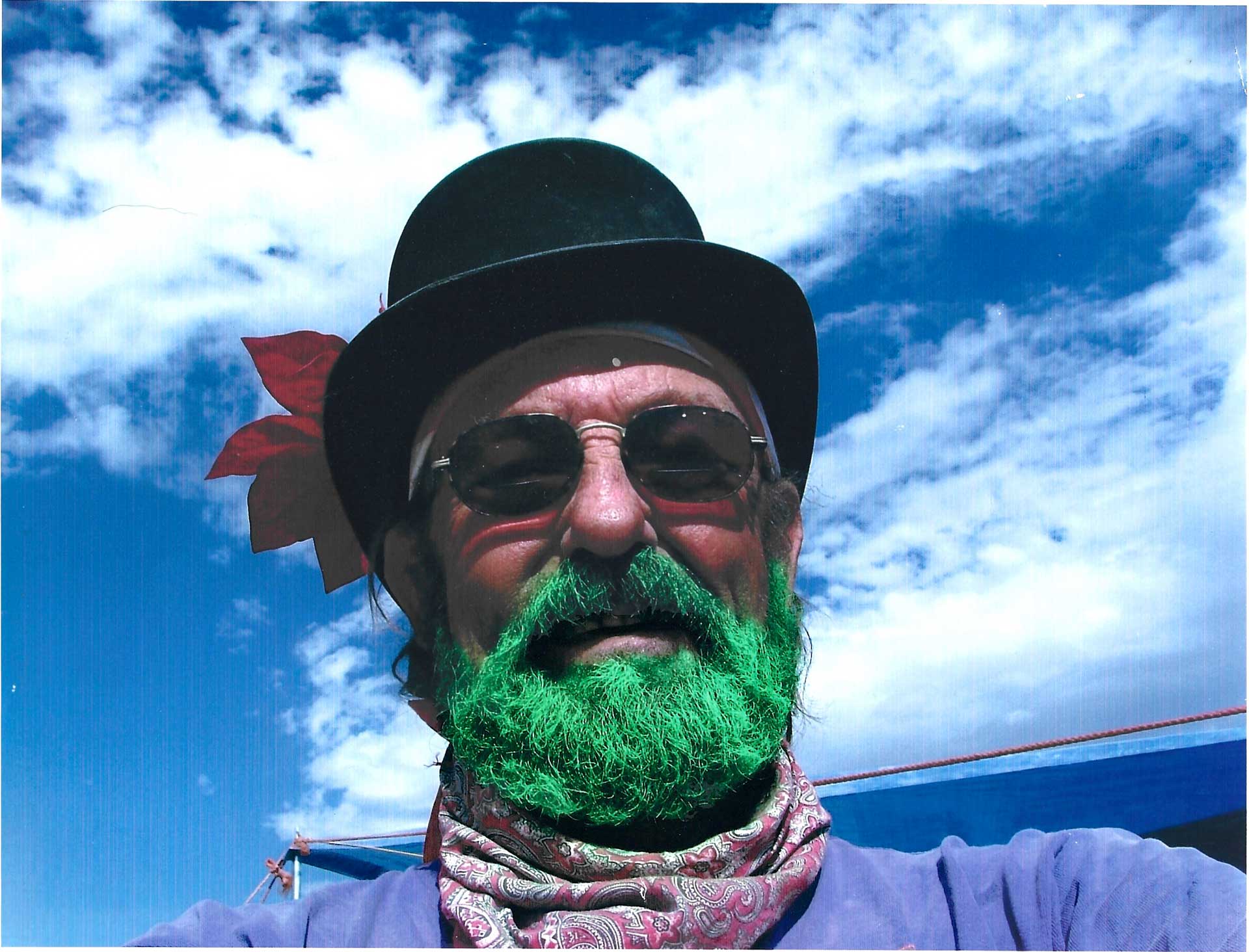
With business consultancy being one of our main services, we get a lot of inquiries about how to start a business and what it takes to be successful.
While we could draw from well known and traditionally successful entrepreneurs such as Bill Gates and Warren Buffet, we derive the most authentic advice from individuals who started from the bottom and built careers through grit, determination and a lifetime of experiences.
This is why we decided to feature Marvin M Lynch AKA Uncle Mickey, who has been a supporter of the Living Proof Creative team since the beginning. Not only did he buy our CTO his first computer to kickstart his graphic design career, he provided invaluable business insights and support for many years.
We lost Uncle Mickey last year and only a few months before, we recorded an interview with him to learn more about his journey as an American Entrepreneur. It’s not your typical success story, but Uncle Mickey continues to inspire us as a growing business and we hope to honor his memory by telling his story.
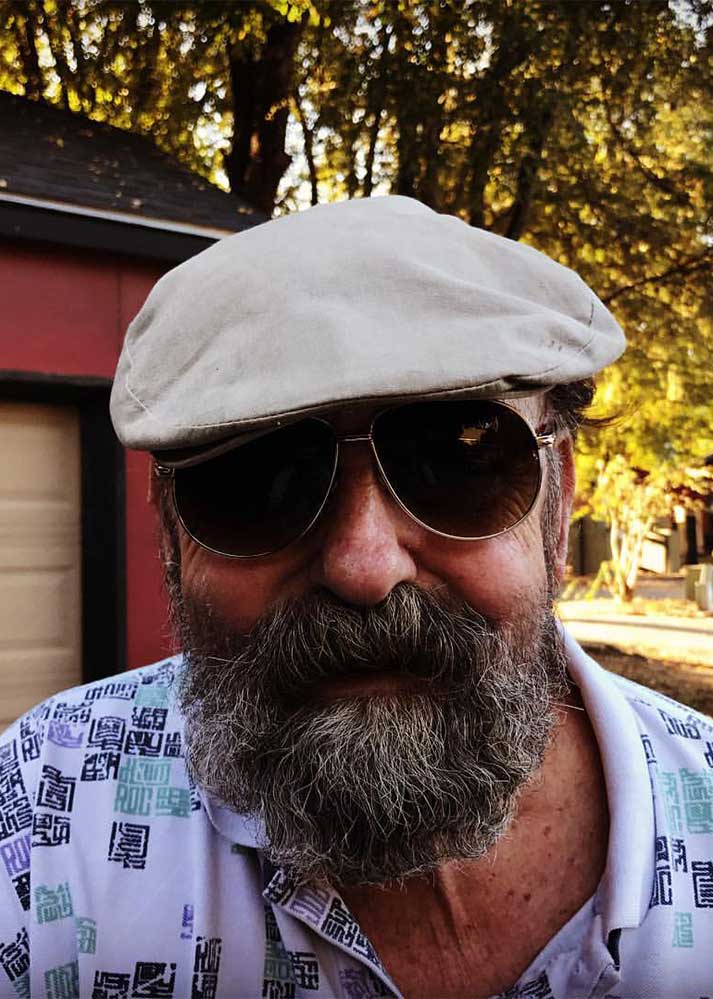
We miss you Uncle Mickey, you truly are a Creative that Inspires Us.
Mentorship
Living Proof Creative: We see a lot of quotes from famous entrepreneurs, but we want to start one from Uncle Mickey. Uncle Mickey, what would you say is the number one thing entrepreneurs need to know or do when they are starting a business?
Uncle Mickey: One of the most important things you can do is – find a good mentor. I had several good mentors. Starting with my father. I started to work with him at the age of 12.
My second mentor was William Hickam of Hickam Industries. He was always successful and in the same business that I wanted to be in. One of the most significant and influential machine repair shops in the world.
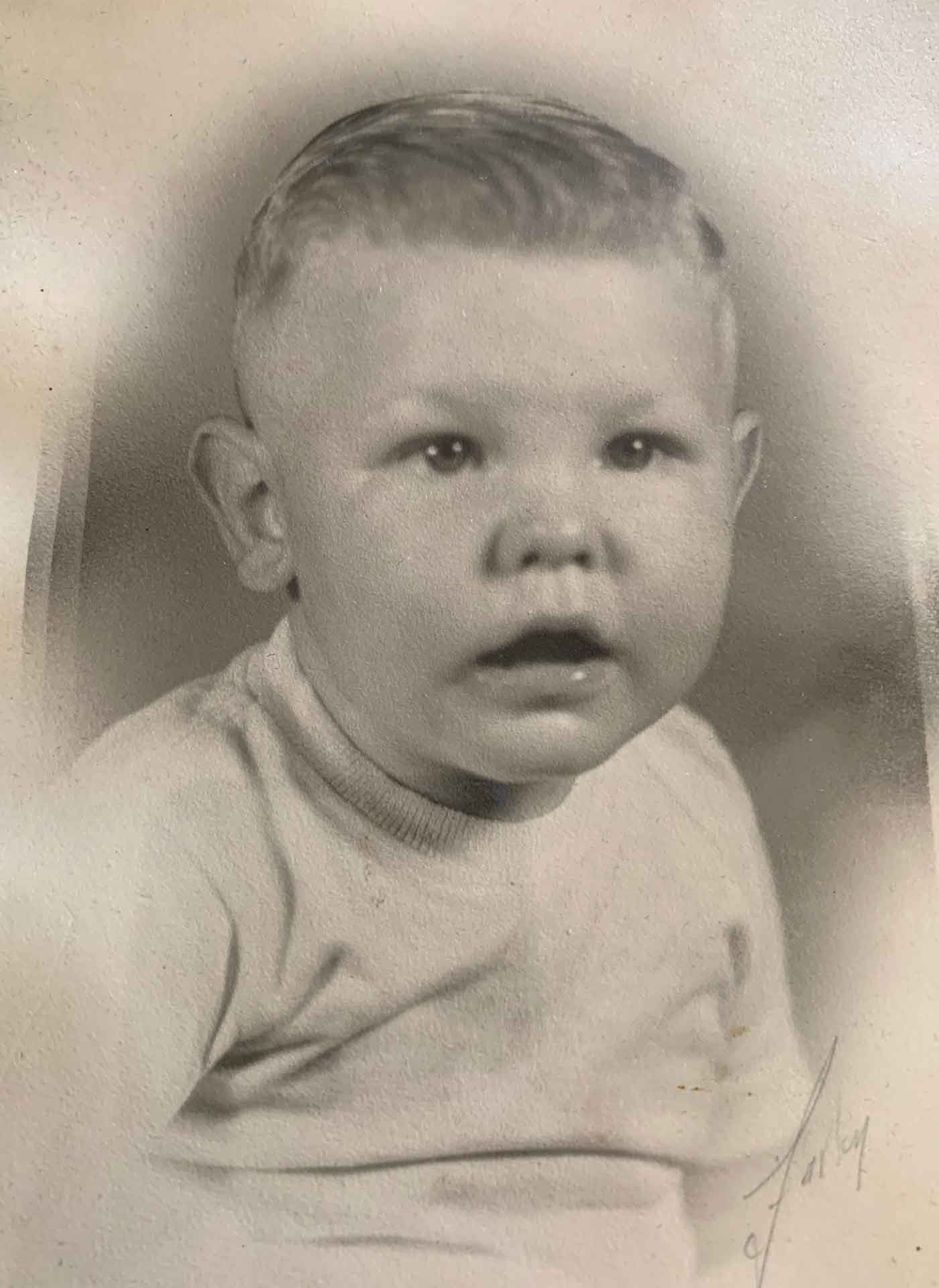
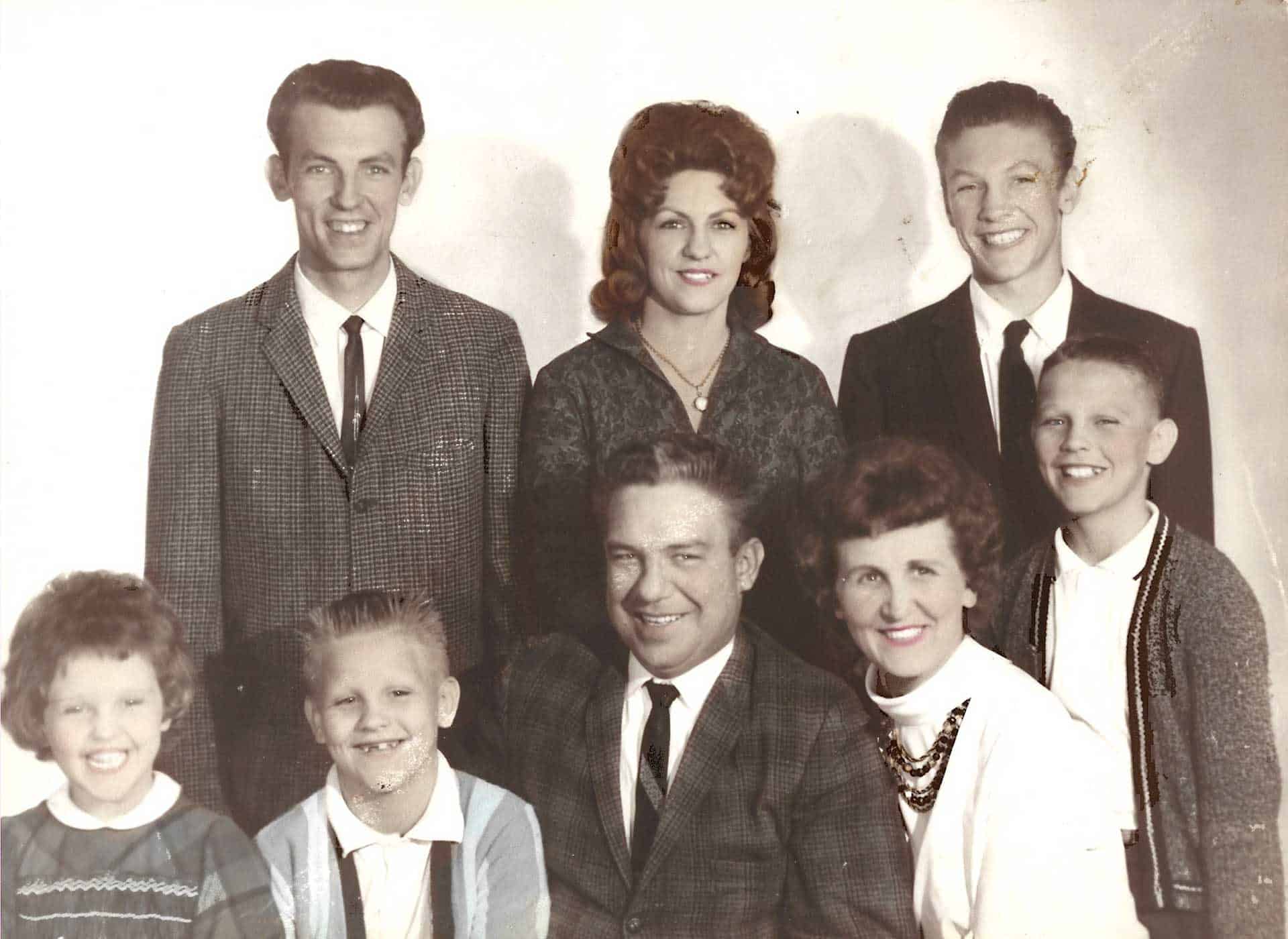
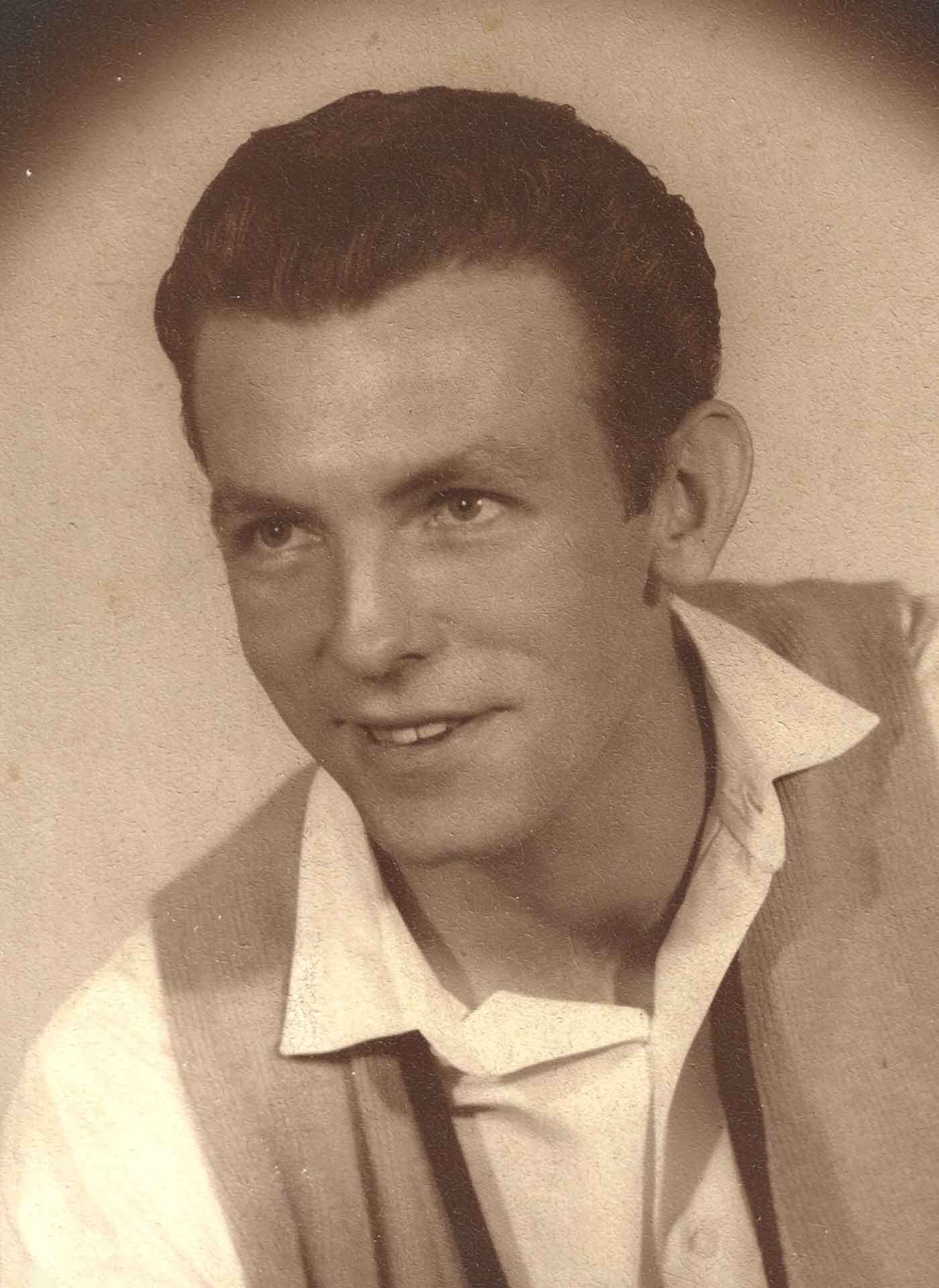
Living Proof Creative: Can you tell us more about your father? What was it like growing up and working with him?
Uncle Mickey: My father’s name was Marvin William, and he was born in Birmingham, Alabama, in 1919. He worked as a machinist on the Manhattan Project building the atomic bomb. He was sworn to secrecy, so he would never tell me anything about it. I guess it was 20 years after it was all over before he would hardly talk about it at all. He never told me anything of significance. Just a few anecdotes here and there.
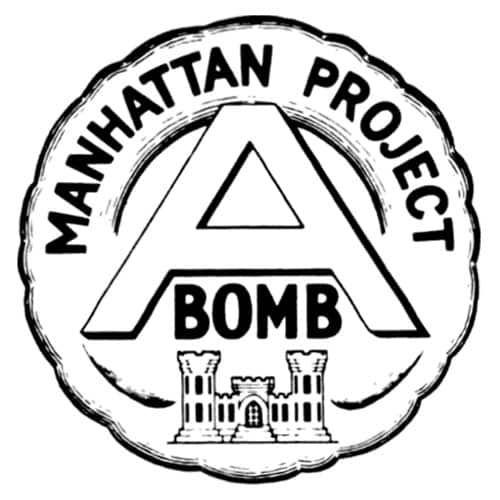
They were also building a bigger, better hydrogen bomb. My father got radiation poisoning at some point and only then tried to quit, but they wouldn’t let him. He was a very dedicated and loyal man.
He was a lot like his father, I think he got the entrepreneurial spirit from him.
I used to go fishing with my grandfather every weekend. We used trotlines with 20-30 hooks on each line – you’re almost bound to catch fish. We would catch about 4 or 5 big ol’ catfish and go up to our cousin’s house up in the hills. He’d come to the door with a fruit jar full of moonshine liquor. And my grandfather would always give him the fish for the whiskey.
And he’d always have a good weekend [laughs].
Living Proof Creative: So you come from a family of entrepreneurs in a sense?
Uncle Mickey: Yeah, I guess I do.
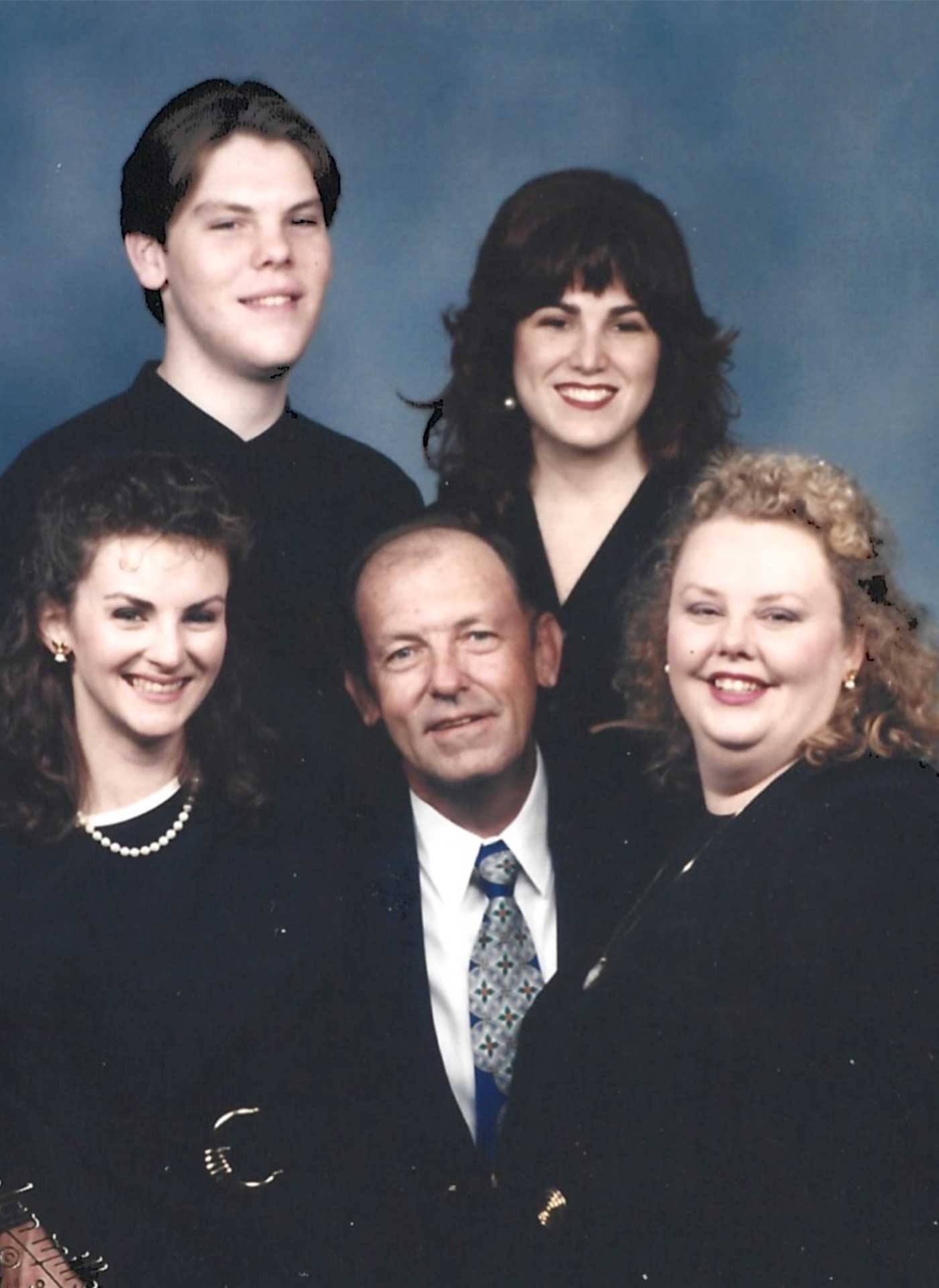
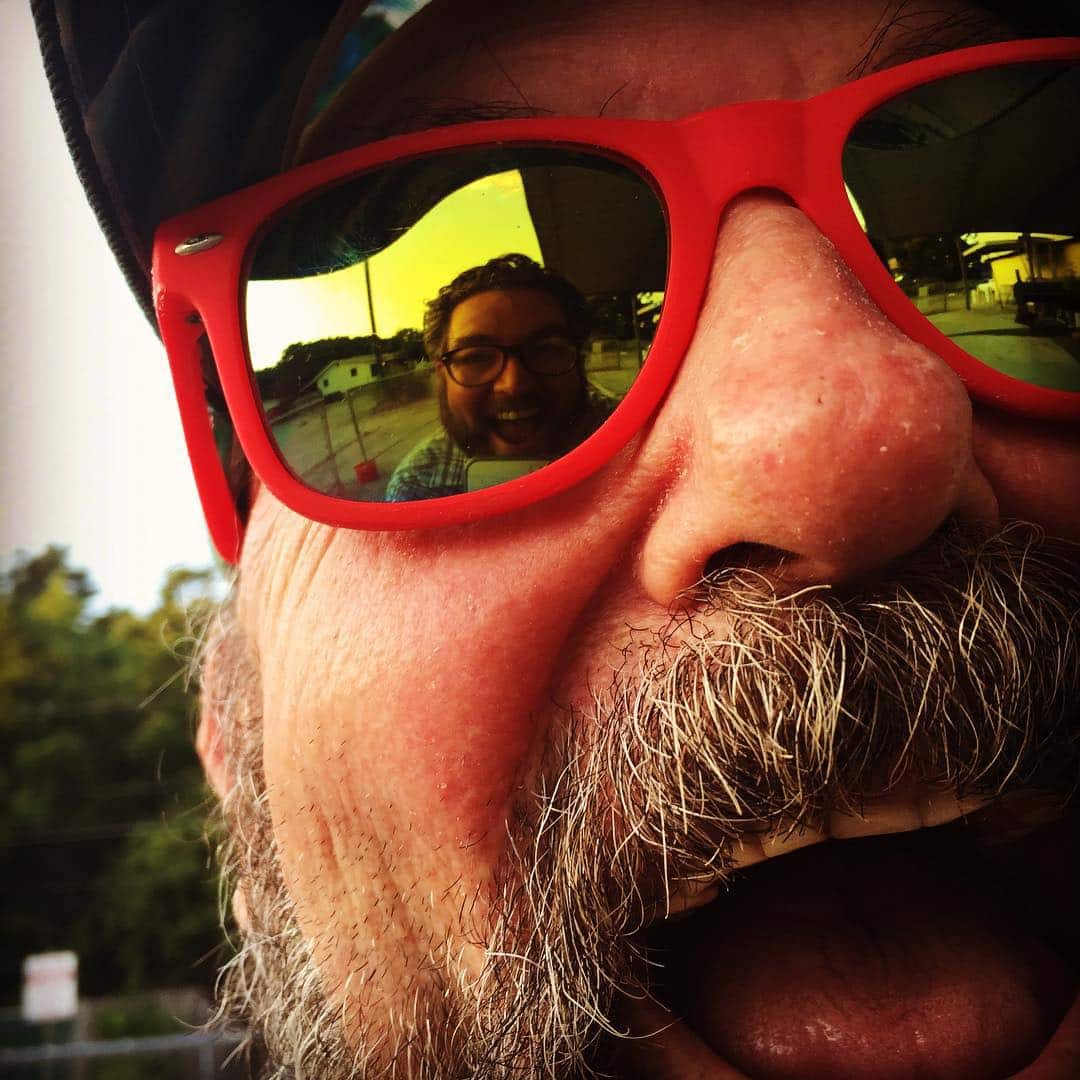
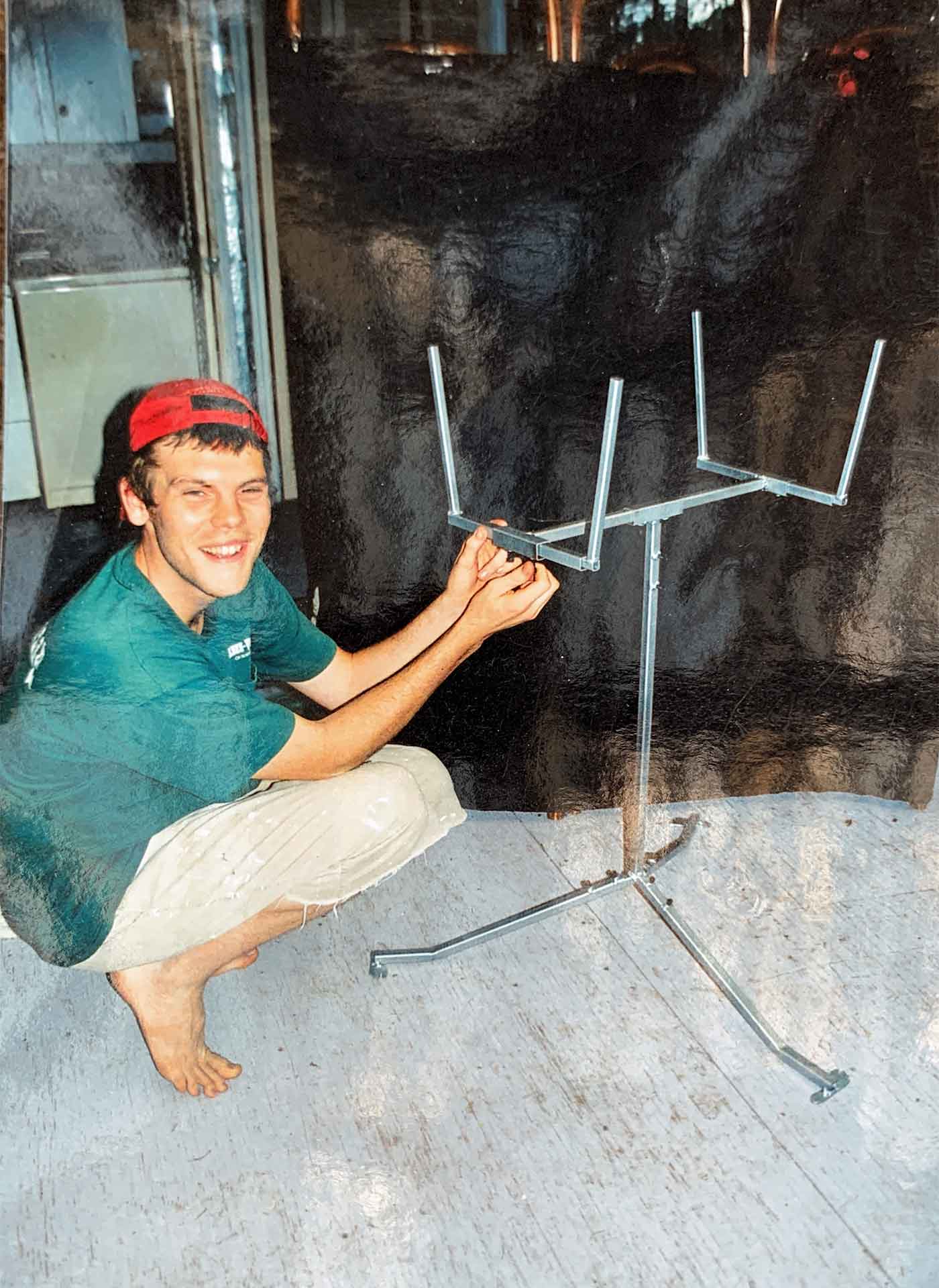
Living Proof Creative: Did you get a chance to pass that legacy onto someone else?
Uncle Mickey: I believe so. I have several success stories about my apprentices that I helped get started. I mentored about 20-30 people, where I’d just get people off the streets and teach them and I was more than happy to invest my time and interest in them to help them get started.
I mentored my son (Ryan) who is also an entrepreneur, and Justin too. I call Justin son and he calls me dad. Justin and I are just as close as my biological son and I are. I got Justin his first computer and he just took off from there – like a rocket ship.
If you ever saw him working on a computer, he’s just like a magician with it. He used to just amaze me. Still does.
My 2nd wife had a son who was quite a guy and I mentored him. He now works for Ferrari and travels the world.
First Jobs
Living Proof Creative: What was your first job?
Uncle Mickey: My first venture into making any money on my own was collecting bottles. Me and my cousin used to go around pulling a wagon, selling the collected bottles – 2 cents a piece for regular size coke bottles, 5 cents for big bottles, and a penny for a beer bottle. We would turn them in at the local grocery store and exchange them for candy and gum.
After that I remember picking cotton on Saturdays with my cousins when I was about 7 years old in Warrior, Alabama. When we picked 25 cents worth of cotton, we would go to the movies. It used to cost 7 cents to get into the movies, 5 cents for a coke, and 5 cents for popcorn or a bar of candy. We were rich kids with 25 cents. I was dragging cotton bags bigger than myself. My cousin would help me so I’d always go with them. That was a lot of fun.
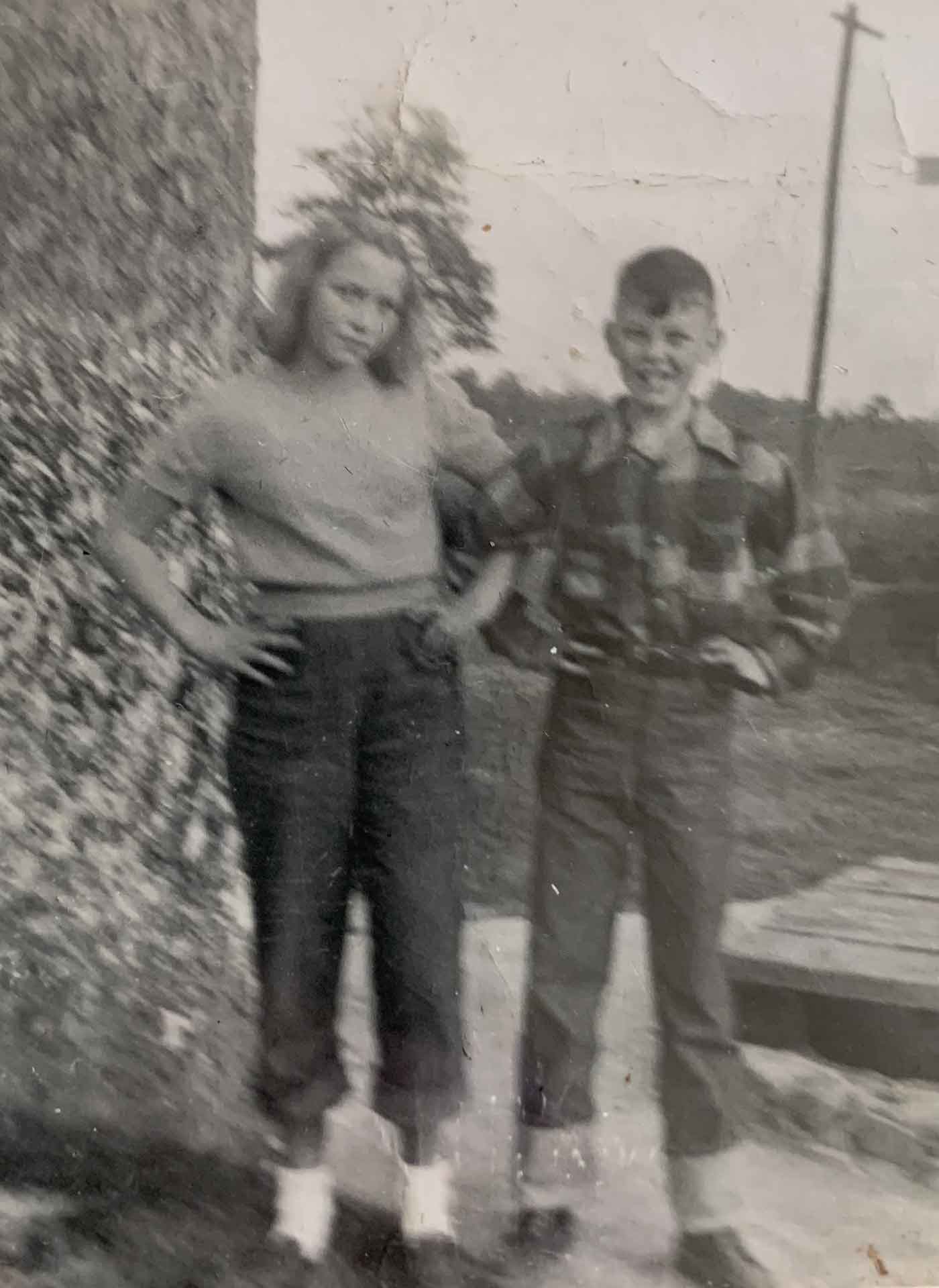
At the time, movies had a double feature plus cartoons and a serial with a cliffhanger – the hero would always be in trouble and he would always somehow escape. But you had to go in next week to see him escape. That kept me working.
America was a different place back then. Inflation didn’t hit yet, everything was cheap. Gasoline was 14 cents a gallon when I was a teenager. For 25 cents I could afford a gallon of gas, movie tickets, and a date. That was amazing.
There’s a great Hank Williams song that still reminds me of those times.
“I got a hot-rod Ford and a two-dollar bill and I know a spot right over the hill. There’s soda pop and the dancin’s free so if you wanna have fun come along with me. Say hey, good lookin’ whatcha got cookin’? How’s about cookin’ somethin’ up with me?”
Living Proof Creative: We learned that you also worked as a paperboy at some point?
Uncle Mickey: When I was about 13 I got a paper route. I remember I had 92 customers on that route, I had to roll up 92 newspapers and deliver them on my bicycle every day, 5-6 miles total, nice little ride. It was pretty good. It didn’t matter if it was raining or shining – you had to roll the paper, wrap a string around it, and deliver it.
I had great customers – if I landed the papers on the porch when I threw it, they would give me a bonus when I went to collect the paper. Of course, I also had customers that were never home or never had the money. So it was difficult to collect the money, you had to be relentless to get paid. They hired me for 50 cents an hour.
Troubleshooter
Living Proof Creative: How did you start to work with machines?
Uncle Mickey: My father was an entrepreneur too, not just a machinist.
They had several machinists at the shop my father was working at. When a job came in, each man would bid and whoever had the lowest bid would get the job. When I was twelve, they were moving the shop to a new building and I got hired to clean the equipment and paint it.
I guess I got along with people working there because when the move was over they kept me working there all summer long. That’s when I learned how to run some of the equipment. They gave me simple jobs that a kid could learn, and I started picking up machinist work, by the time I was 18 I knew how to run machines myself.
I loved working with machines. It helped me to discover my strong suit – I was good at solving problems with mechanical devices. It’s like I can get inside of the machine and figure out how to get it working. I always had a talent for that. I think that developed because I was around it from childhood.
First Company
Living Proof Creative: How did your first company come about?
Uncle Mickey: I was working as a maintenance superintendent for Tenneco Oil Company and one of the salesmen had an idea for a machine shop. He wanted me to partner with him and run a shop together.
That’s how I got my first business going and how I first started making money. It was in 1972 in Houston, a company called Petro Chem Industries – we manufactured components for chemical compressors and oil.
Overseas Projects
Living Proof Creative: After you left Petro Chem Industries you spent quite some time working overseas. Can you tell us more about this?
Uncle Mickey: I developed a reputation for being able to figure out complicated problems.
At some point I was contacted by Amerada Hess Oil, a company in St. Croix in the Virgin Islands, where they had some compression problems. The compressors kept breaking and they couldn’t figure out why. They heard about me and called and asked if I could come and help out.
Internal alignment messed up the machine, and I realized that they were assembling the machine on the concrete floor. I figured that we needed to put the equipment on a steel table to assemble the machine, and that fixed the problem. They burnt 6 of those machines in a row before I got that fixed.
I lived at the refinery, that’s where my home was. My title there was a senior rotating equipment engineer. One night I was checking out the machine in the refinery and as I was walking around the machine I met the plant superintendent who was running the whole place. He was there checking the machine out too.
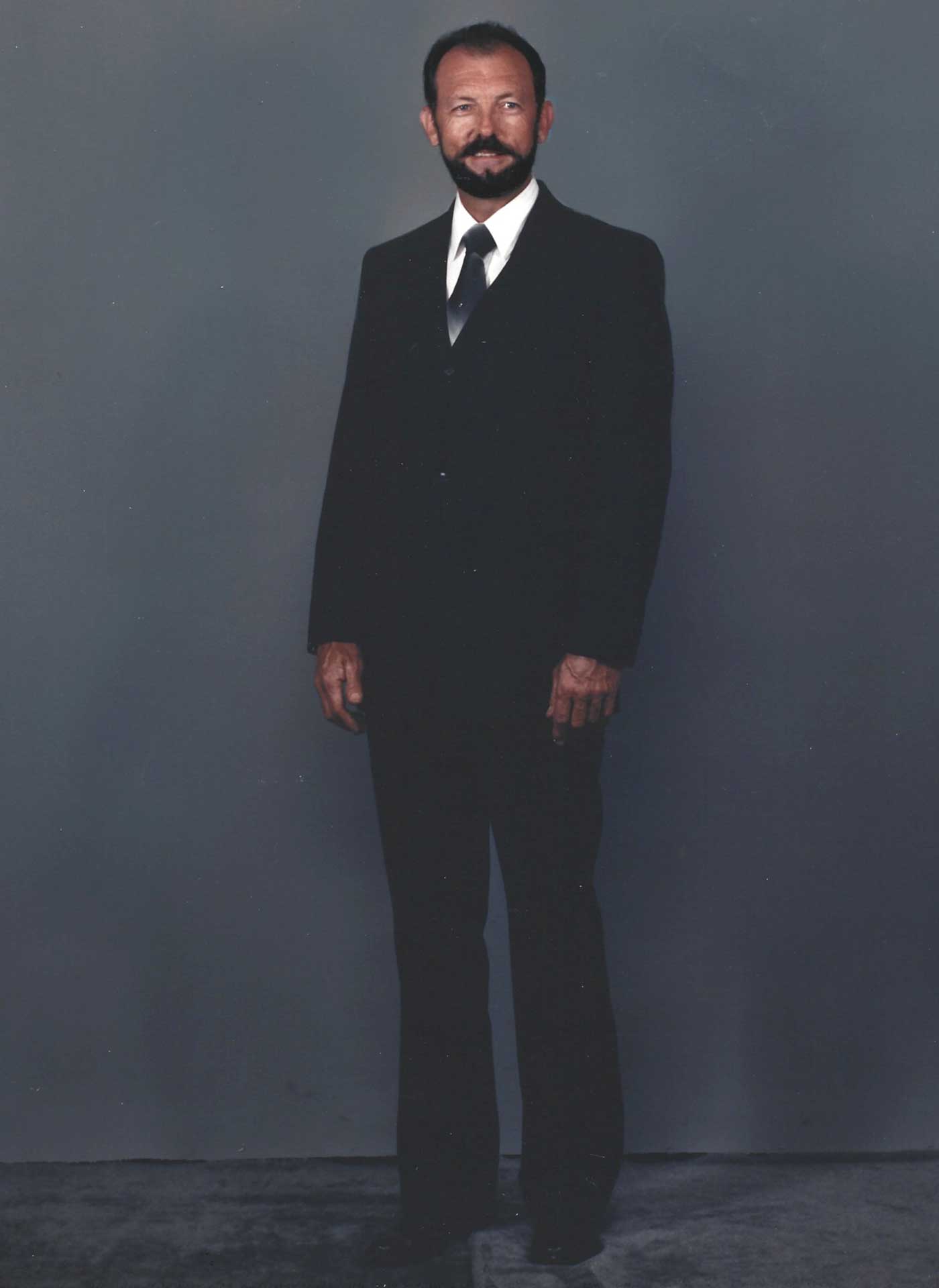
They ended up keeping me there for a year and a half. I got laid off when they didn’t need me anymore. I spent a year and a half in paradise. It was sweet.
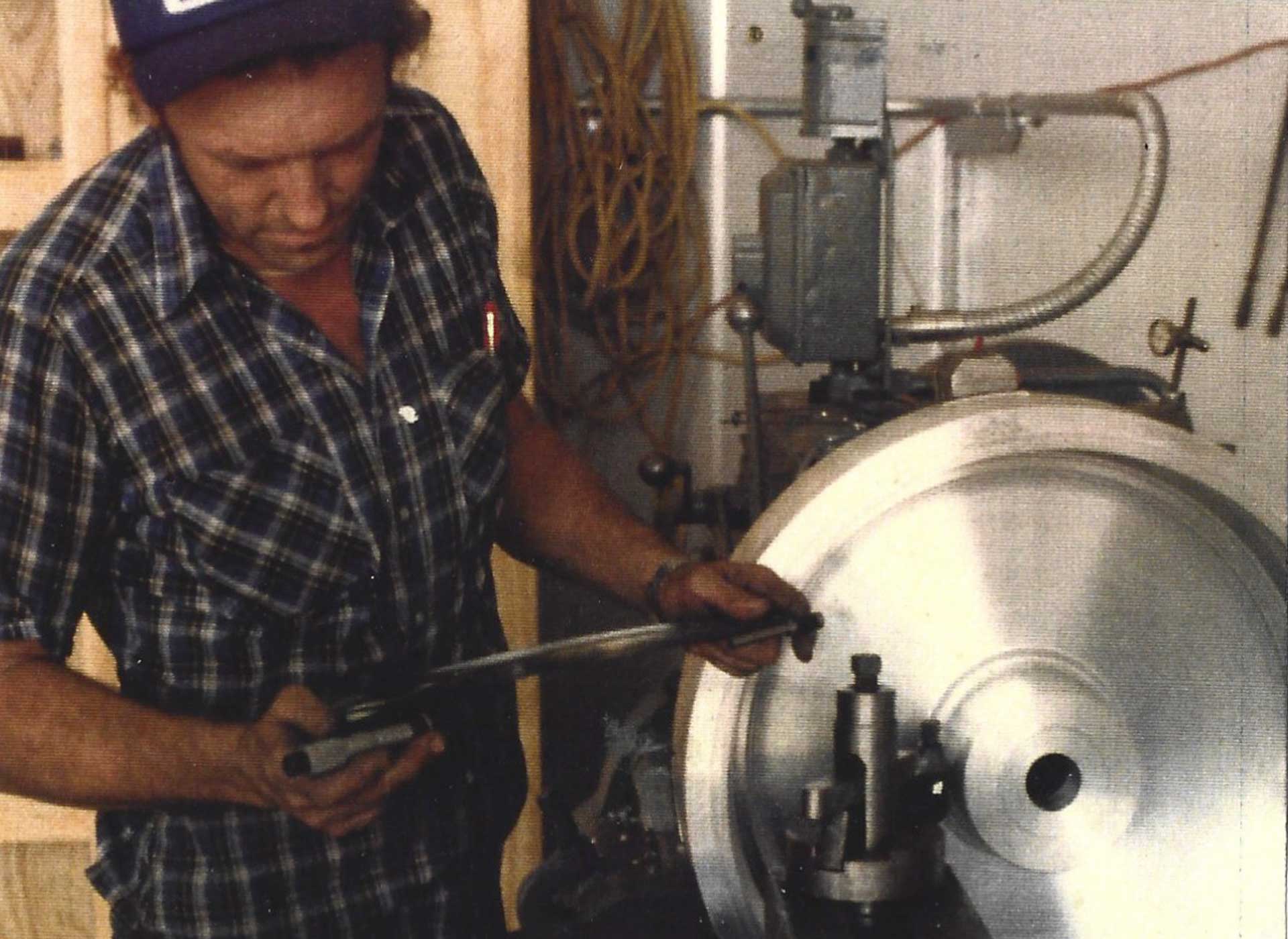
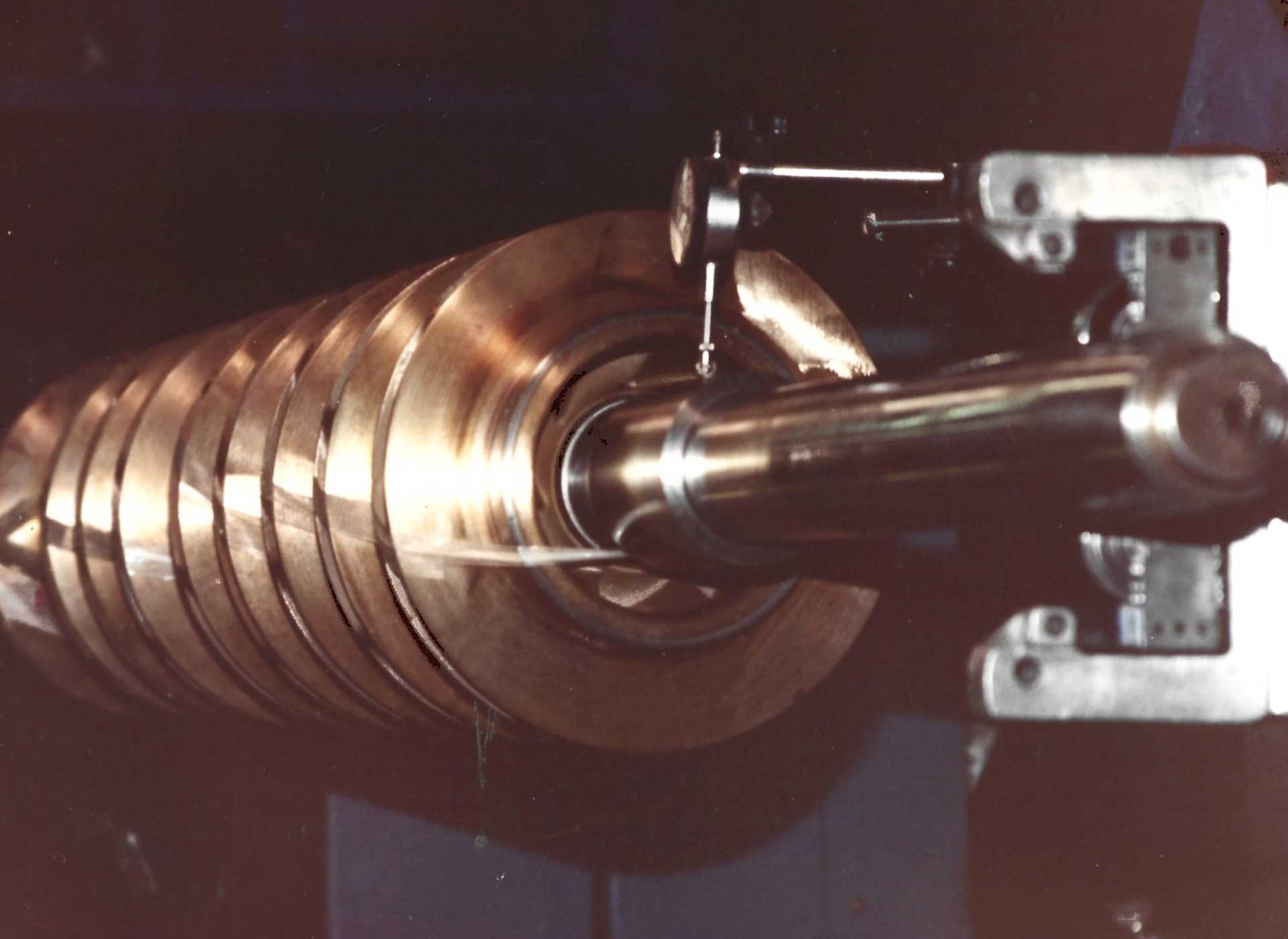
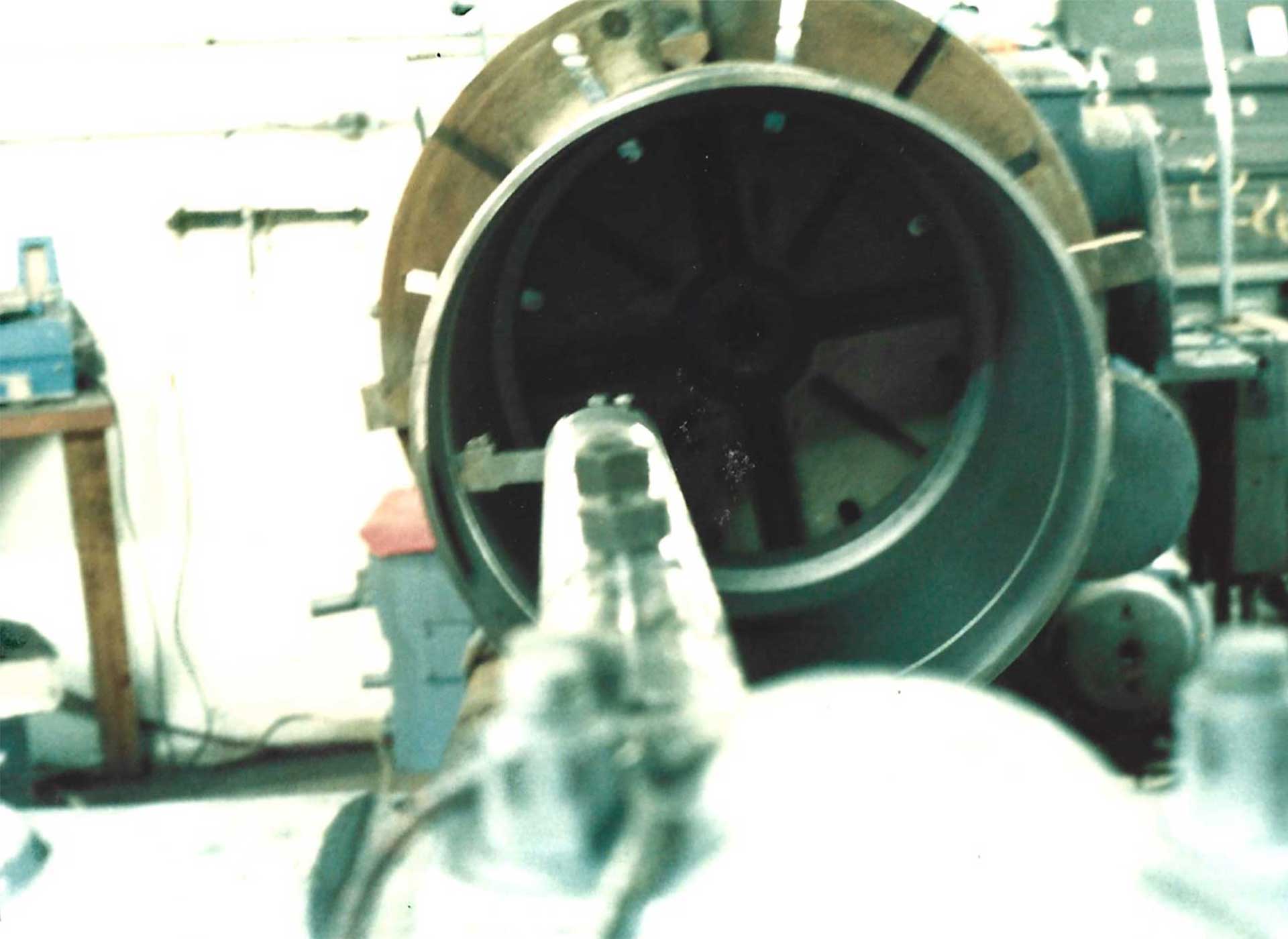
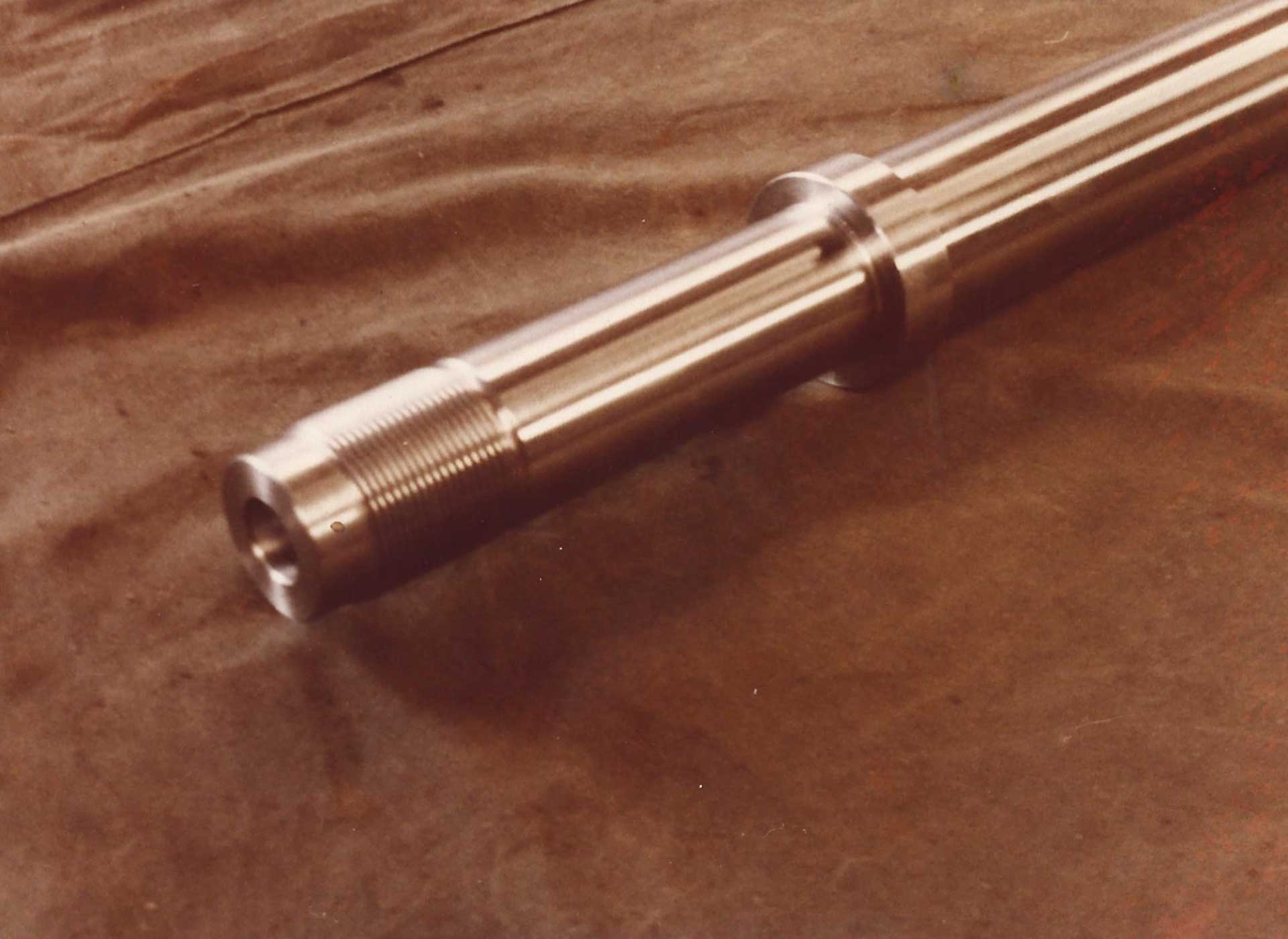
Living Proof Creative: That wasn’t the only time you worked in paradise, was it?
Uncle Mickey: I got sent to Trinidad to assemble a big turbine that they’ve been having problems with in 1978-1979. I loved Trinidad.
But my favorite overseas assignment was in Puerto Rico. I lived on a beach for 2 years, had a horse, a yellow labrador that liked to chase pelicans, and a sailboat. That was like a springboard for me.
Living Proof Creative: What happened when you returned home?
Uncle Mickey: When I came back I worked as a field service engineer in Trenton, New Jersey. They sent me all over the place – India, Canda, Mexico, and Iran.
When I was in Tenneco, I became familiar with the balancing industry. All that rotating equipment had to be balanced very precisely. Same as you balance tires on your cars – turbines have a similar concept. We worked on $7-9 million steam turbines for big ships. I got sent to Iran because of the machine that was leaking oil. They sent me to fix an oil cap.
I knew that I was there to fix an oil leak problem, so I looked for a backdoor. That’s what my father taught me early in a machine shop:
“Always look for a backdoor when the problem is not resolving.”
That’s why I was able to fix all these machines. I approached them from another angle than everybody else did. I built a device to capture the oil and return it to the system. So that solved the problem.
Before that, they wouldn’t let me go. I would get memos from my business headquarters in New Jersey asking how the job was going and on the bottom of the memo it would always say ‘Be sure and stay there for as long as they need you’. I later found out that the Iranians were adding that sentence to the memo.
Living Proof Creative: So how did you leave?
Uncle Mickey: We were in the middle of the desert in Iran and the only form of transportation there was a helicopter. I became good friends with the pilot, a guy from England. One day he was leaving to go back to the city, so I snuck in a chopper before daylight and went home. They were holding me captive for 42 days and the problem was solved within 10 days.
Vi Tech
Living Proof Creative: You started your second company after that, Vi Tech. Can you tell us more about it?
Uncle Mickey: Vi Tech stands for Vibration Technologies. Imbalance causes vibrations. There’s an old saying in business – ‘if it’s shaking – it’s breaking. Before long it will be bakin’.
You just can’t have vibrations in high-speed machinery. There’s 40-something mechanical problems that can cause vibrations. One of these is called sympathetic harmonics. When something is shaking somewhere it will cause somewhere else to shake too – a chain reaction. One time, the floor was breaking, it was like a tuning fork. So we wedged a piece of wood in there and I fixed it.
I started it in 1983 with a $5000 loan. That’s the thing about being an entrepreneur – you have to understand how money works.
I found a small independent bank. It’s a good idea to do when you’re getting started. Go to a small independent bank. You’re more likely to make a deal with them. I bought a certificate of deposit and we made a business plan together and estimates. The clerk told me that small businesses are the biggest risk because they don’t last. I was determined to get the loan and I got it.
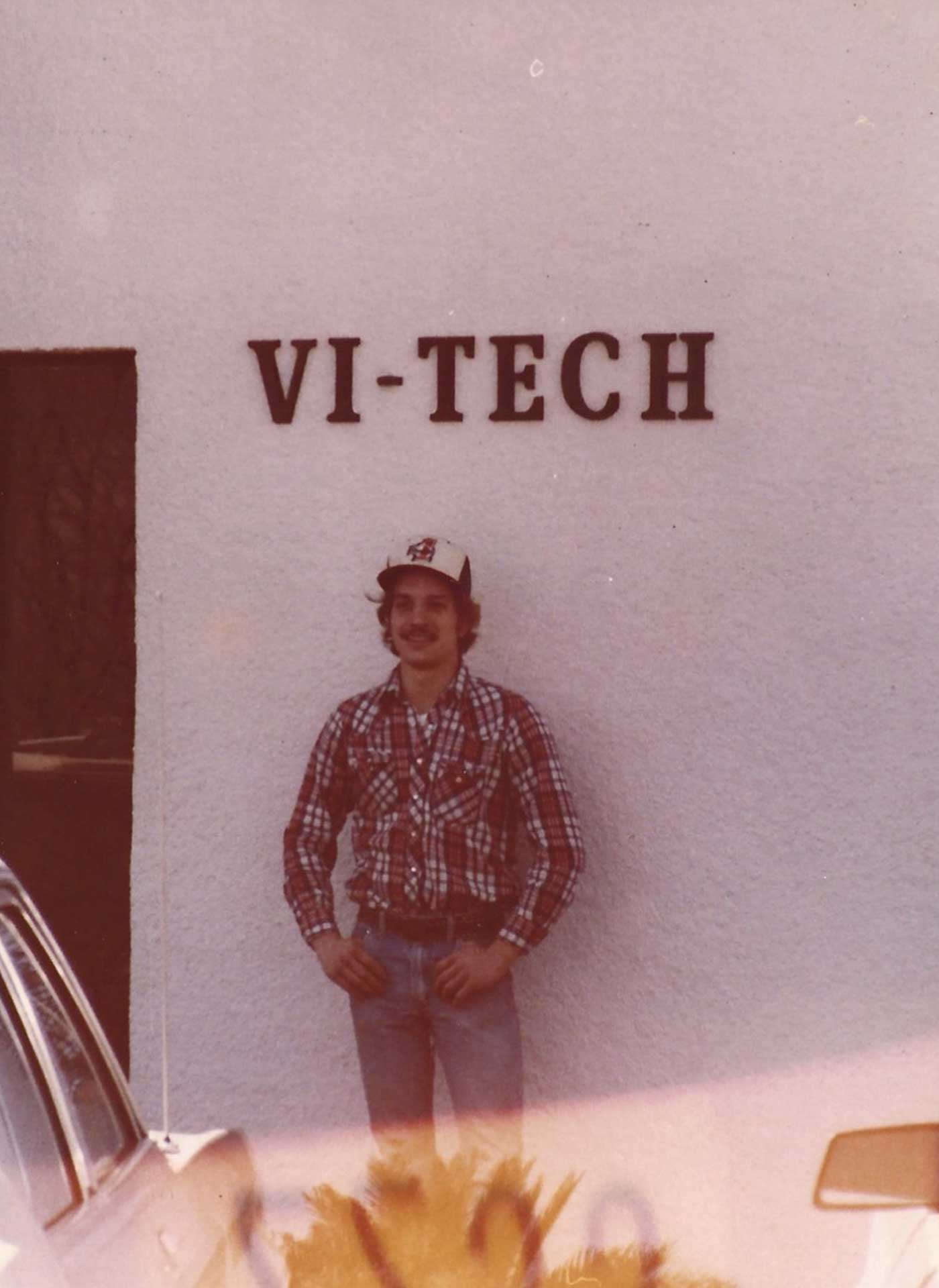
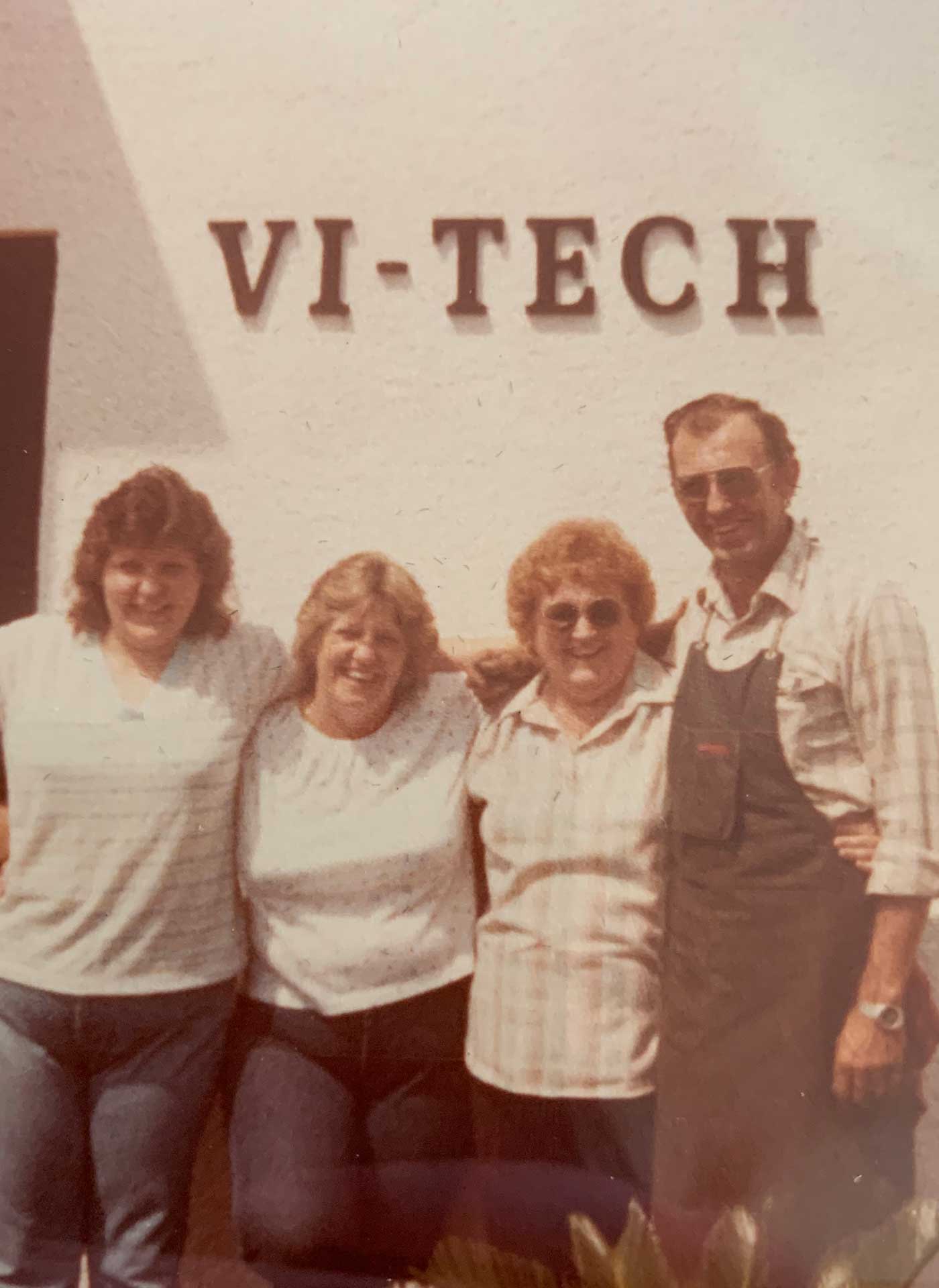
Living Proof Creative: What was next for Vi Tech?
Uncle Mickey: I think an entrepreneur is a person who makes a lot of mistakes. The more you make them, the more educated you become.
Vi Tech is still going and making money on top of money, but it doesn’t belong to me anymore. I chose a wrong partner who didn’t have the same ideas as I did about the company. He wanted to spend the money and I wanted to reinvest it in the company. And when he did that, I said “Well, I’m either going to buy you out or sell out to you”. He had a brother in law who was a pretty good entrepreneur himself and could buy me out. On my $5000 investment, 15 years later, I sold my part for $365,000 – that’s a pretty good return on your investment.
Living Proof Creative: After you and your partner parted ways, you started another company?
Uncle Mickey: After that I made the biggest mistake I made as a businessman. I tried to go into competition with the old business that I sold. I chose the wrong business partner for that too. That’s my biggest failing, choosing the wrong partner.
“Choosing the right partner is an art form and the hardest thing to do.”
I’ve been married 3 times and each time I chose the wrong partner. I know now what makes for a good marriage and a good partnership. You both need to have the same goals and future in mind. You have to go down the same road. If one of you wants to be a farmer and another wants to be a blacksmith, it ain’t going to work. Do you know what I mean?
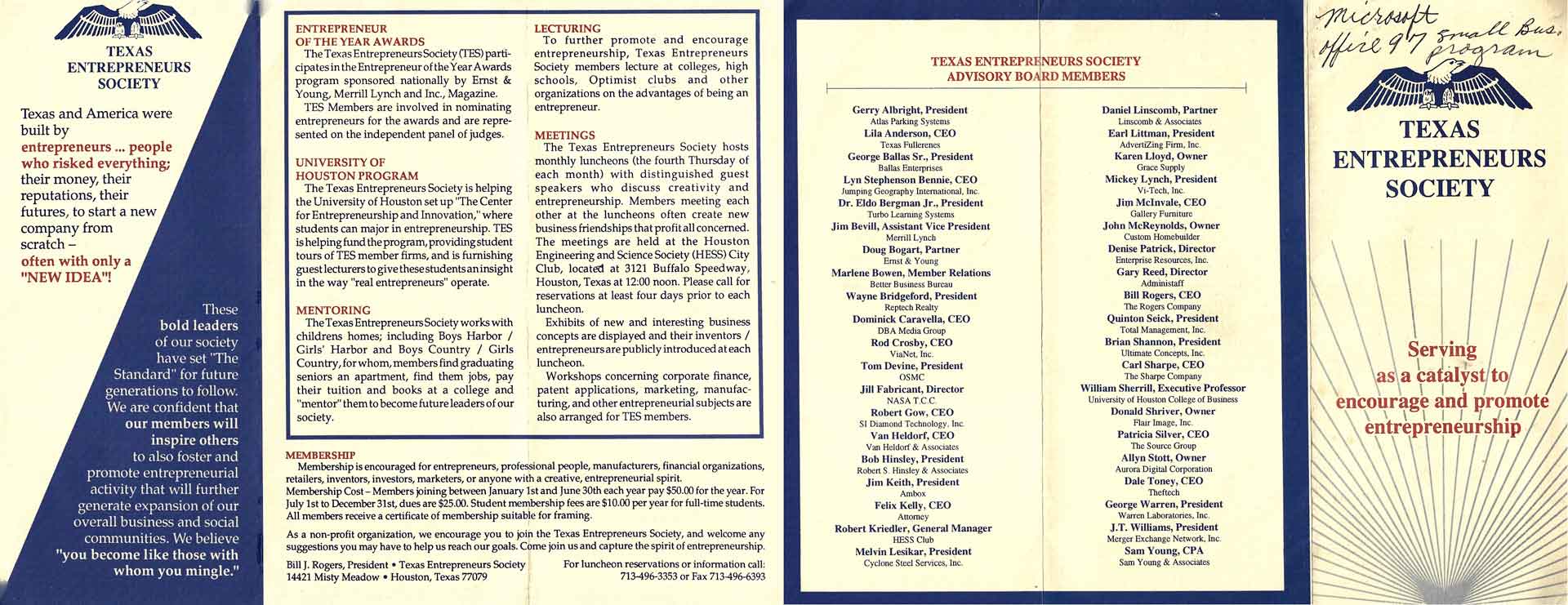
NASA
Living Proof Creative: You also worked for NASA. Can you tell us more about how you got the job and what your tasks were?
Uncle Mickey: My friend Jeff had a plastics and fiberglass fabrication company and he got a job at NASA to build a storage area and sleeping quarters for the astronauts on the international space shuttle (ISS) – they needed a device to hold it in place in the shuttle. The engineers tried to build the device, and they drew a sketch full of braces. But they couldn’t figure out angles and people’s lives were in danger. I worked out some problems for Jeff in the past and old Jeff referred me.
I went to the shop to meet the engineers – I didn’t have the math education to figure it out, those were pretty complicated angles. I headed back to my shop and tried to find the back door to the problem. You review in your mind everything you know about the problem and then you just turn it loose. Give it to the universe. Everybody does this sometimes. As I pulled in my shop it hit me what I had to do to work it out. It all hit me at one time. It’s like getting hit in the head with a rubber sledgehammer. It’s the most amazing feeling. It’s a good feeling to work something out.
I got to the shop and got the forklift to clear the space. The storage space they were building was 20ft in diameter. They wanted me to figure out how to clamp the container in the space shuttle. And I knew what to do.
I drew the full-scale model on the floor. I made 2 centerlines at 90 degrees, started looking at my lines. It had to come to a full circle of 360 degrees. I started to check my angles and I found a 3-degree mistake. It was 357 degrees instead of 360. So I started adding an angle here and there, updated the sketch, and faxed the copy over to my friend Jeff. He showed it to the engineers and they got back to me and said “Hey, this looks good to us, you want to build it? If you figured it out and no one else could then you should be the one to build it”. Yee-haw! That’s how I went to work for NASA.
“There are no problems, only opportunities.”
Living Proof Creative: Then came Lynch Industries. What happened?
Uncle Mickey: In 1997 I started Lynch Industries and 4 years later 9/11 happened. My son was getting ready to go to Japan to live, I was afraid that terrorism will screw the world all up and he won’t be able to return. My health was decaying and I had to get a pacemaker.
Of all the things in the world I had lost, I miss the ability to work more than anything. And I lost a considerable amount.
Willie Nelson Period
Living Proof Creative: Good things came out of it too, didn’t they? In a way, you pursued your other dreams.
Uncle Mickey: Yes. My sister Donna was working for me at Lynch Industries. When I said I’m shutting it down, she asked what I was going to do. I said I’ll move down to Austin and hang with Willie Nelson. So I met him on a golf course.
I went on a tour with him to Europe. I always wanted to go to Ireland – that’s where our roots are. When they all went to mainland Europe I stayed for a couple of weeks in Ireland just cruising around the country and having a good time.
Boy, I lived a crazy wild wonderful life.
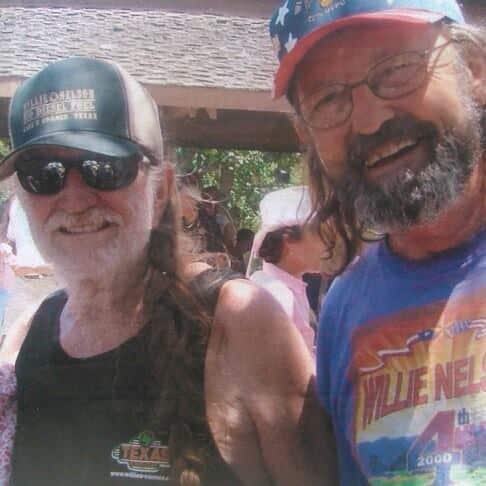
Living Proof Creative: We heard that you’re also quite a pilot, aren’t you?
Uncle Mickey: I got to fly a Goodyear Blimp one time. Not just fly in it but ended up in the copilot seat and actually got to fly the Blimp. My pilot friend in Iran let me fly a helicopter too. We were way up high and I only flew it about a 100ft. I’ve never been afraid of anything. Except for my wives, they terrified me.
Living Proof Creative: Willie Nelson is not the only artist you admire. What other artist or artists influenced you?
Uncle Mickey: Goethe was a tremendous influence on me and I spread the word about him to young men who worked for me. One of them couldn’t pronounce his name and asked to hear more about Johnny Von Wolf Gang [laughs].
He said one thing that is so true –
“There is one elementary truth the ignorance of which has spoiled more plans and ideas that people have than any other thing: once one is truly committed, then providence moves too and all sorts of things happen.” (Goethe)
I had that happen to me so many times. Once you completely commit yourself it’s like shaking God and saying “Hey Bubba, help me out with this”, and he goes “Ok, you really want to do this, don’t you?”, and you respond “I really really want to do this”. Then the providence moves. Until one is committed, there is hesitancy, the chance to draw back.
Living Proof Creative: What was the first big success you made?
Uncle Mickey: I developed a welding technique for doing repair work on big electric motors. I developed a technique to weld those up and re-machine them so they come back brand new or even better because I used stainless steel and wouldn’t stain or corrode.
I landed a contract with Bono Electric which did repair work for an elevator company in Austin. During the last month that I spent at the company we cleared $60k in one month, that wasn’t bad money back in the 1990s. It took me 10 years to perfect the craft but I got it down perfectly. Vi Tech developed a pretty good reputation.
Living Proof Creative: The worst day of your life as an entrepreneur?
Uncle Mickey: The worst day of my life is every day I cannot work. I lost a house at Galveston Bay, a 35-acre farm in Fairfield, TX, and a washateria in Fairfield, TX. I also lost my wife that I loved dearly, my daughter, and my health. Do whatever you can to take good care of your health. That’s the most important thing.
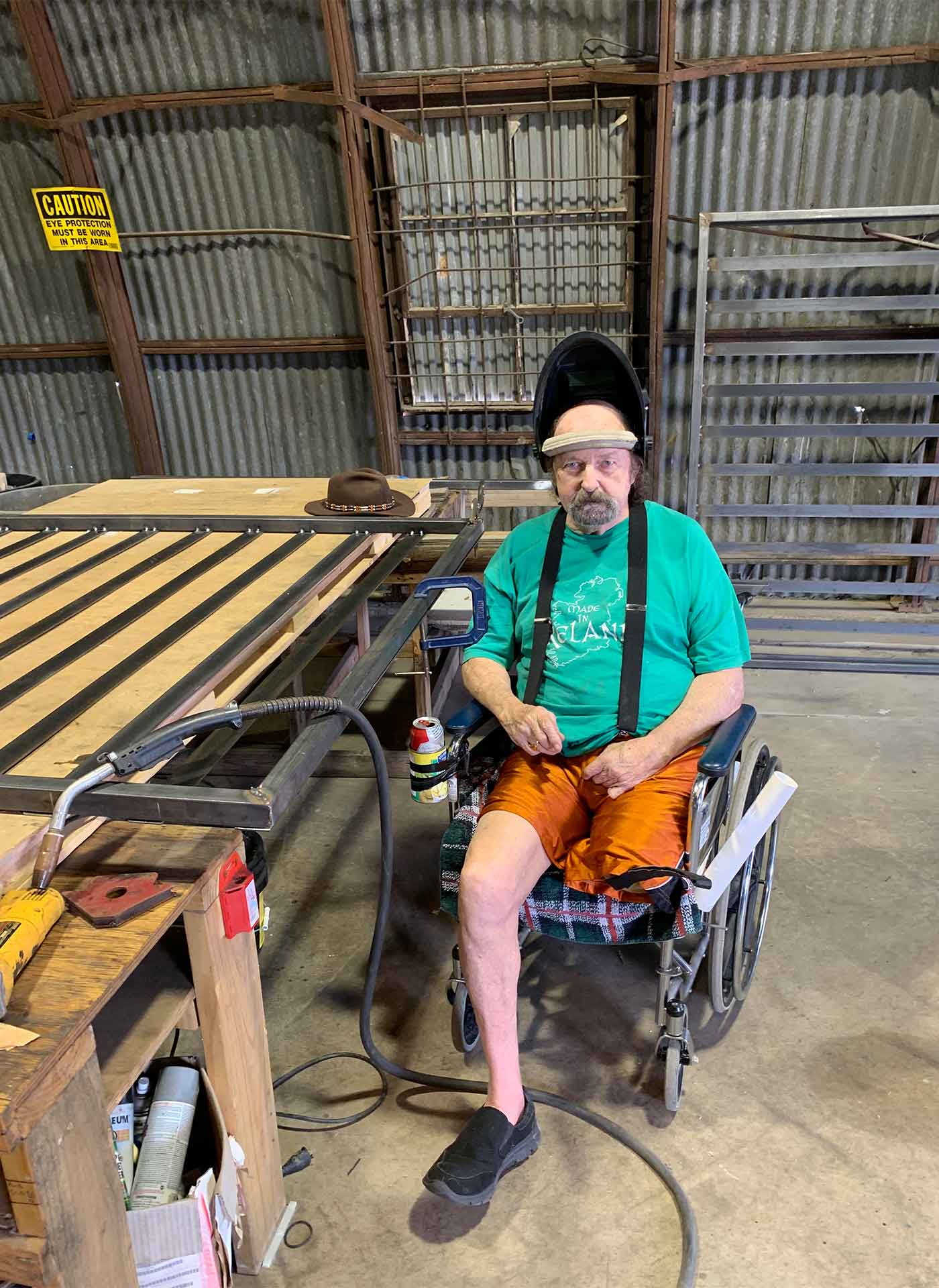
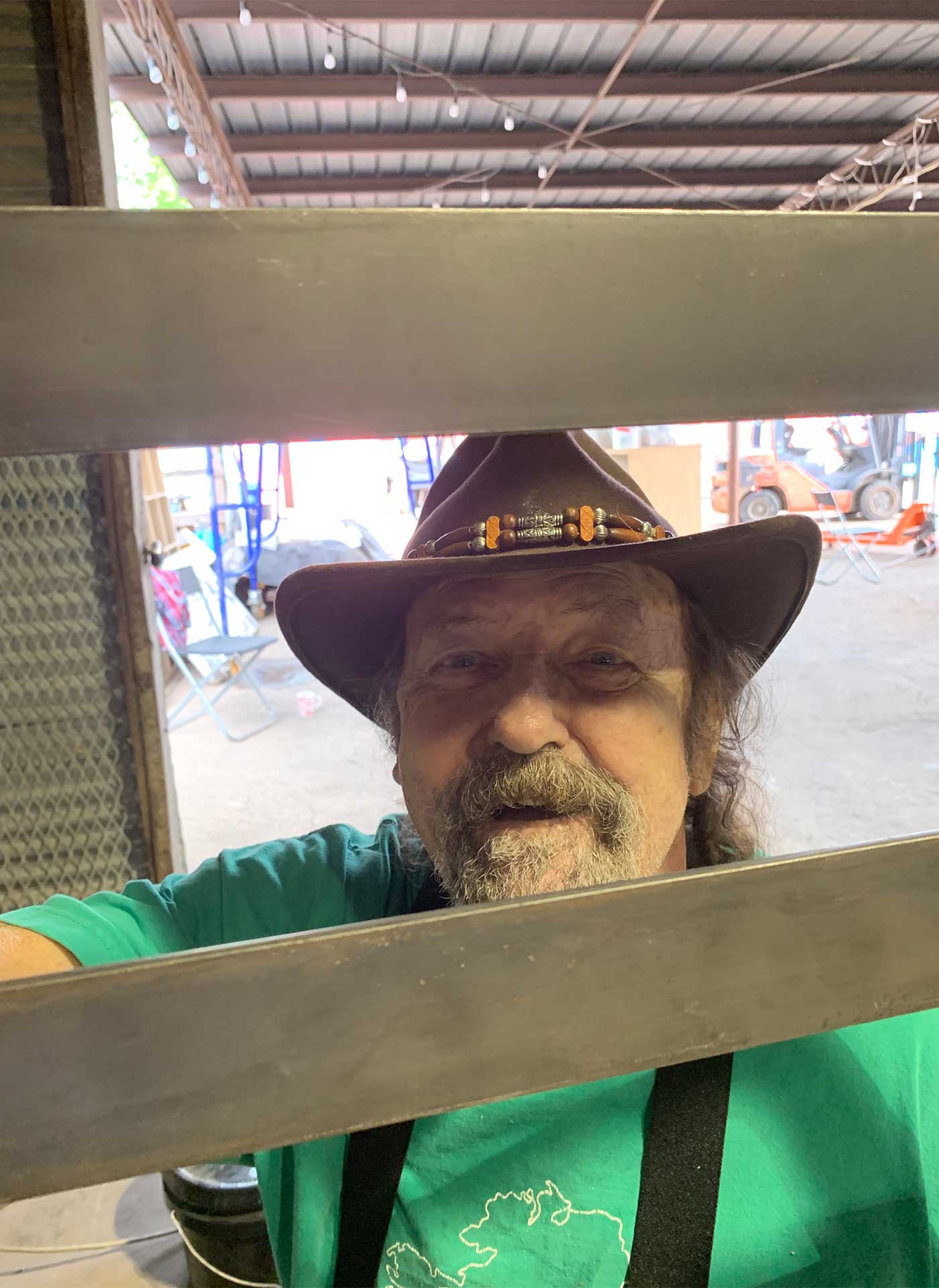
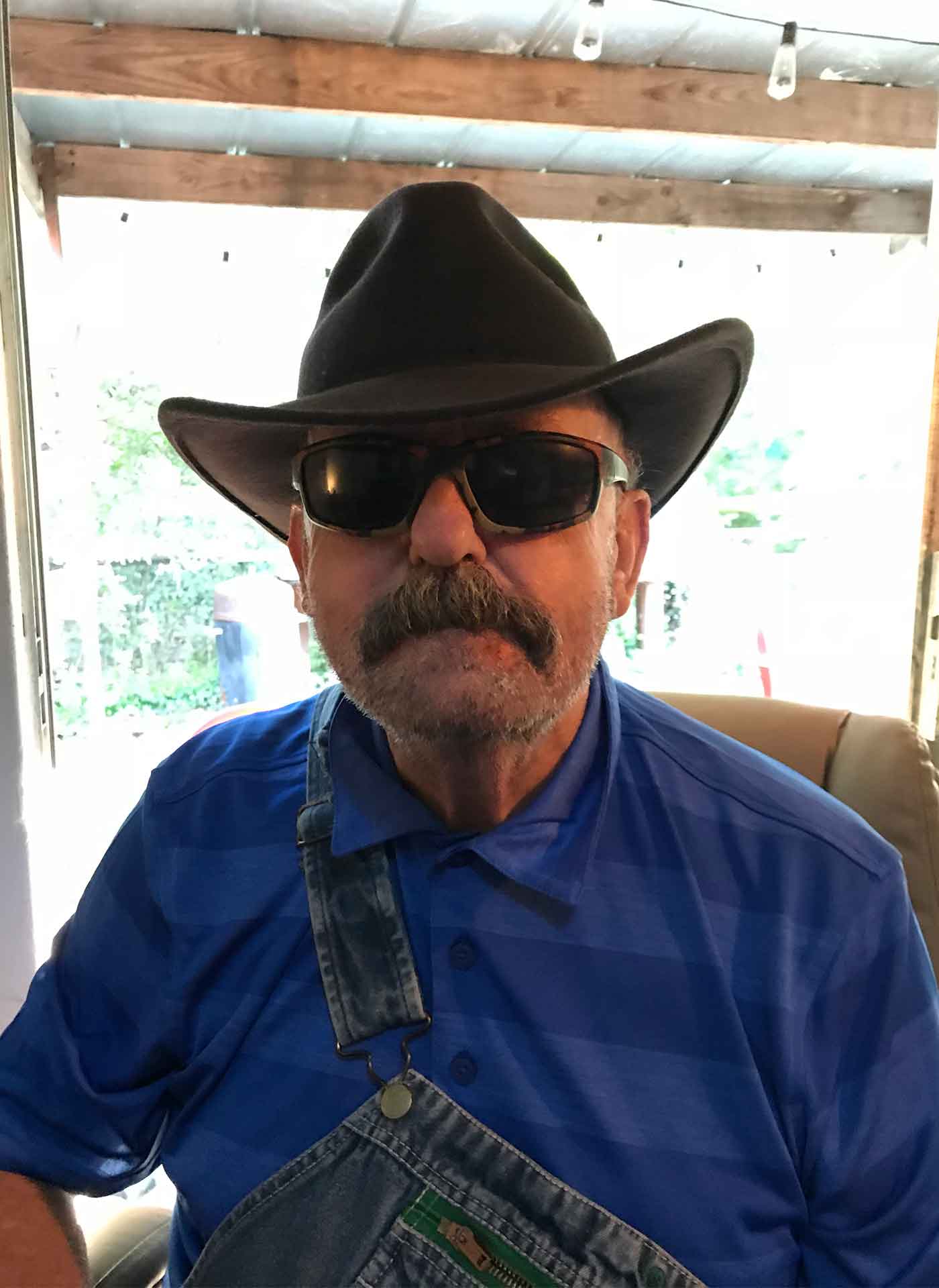
Living Proof Creative: The most valuable piece of advice you ever received?
Uncle Mickey: I’m all for the entrepreneurs of the world. If they are courageous enough to go out on their own and take the risk then I want them to stand on my shoulders so they can see a bit further down the road. I’m sure you all know about the 49ers and Gold Rush in California.
For every guy that went to dig gold, there was an outlaw waiting to rob him. They didn’t want to dig, just to rob the stagecoach and that’s the way life is. They don’t want to work shoulder to shoulder, they want you to do the work and they are like snakes in the grass.
The main ingredient of being a good entrepreneur – do something that you love to do, so you can have fun doing it. Then it‘s not like work anymore if you’re having fun. And enjoy the fruits of your labor.
Be bold. Boldness has genius, power, and magic in it.
Rest in Peace Uncle Mickey
November 12,1942 – September 18, 2020



